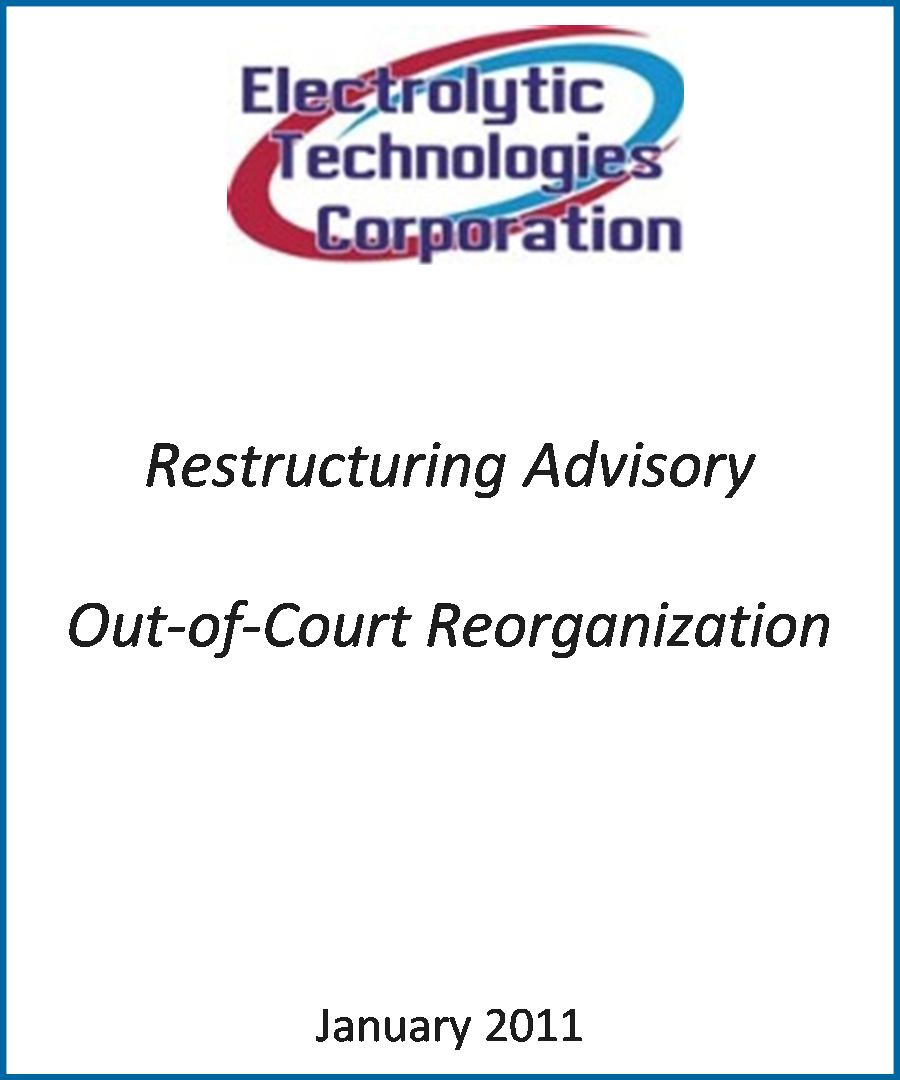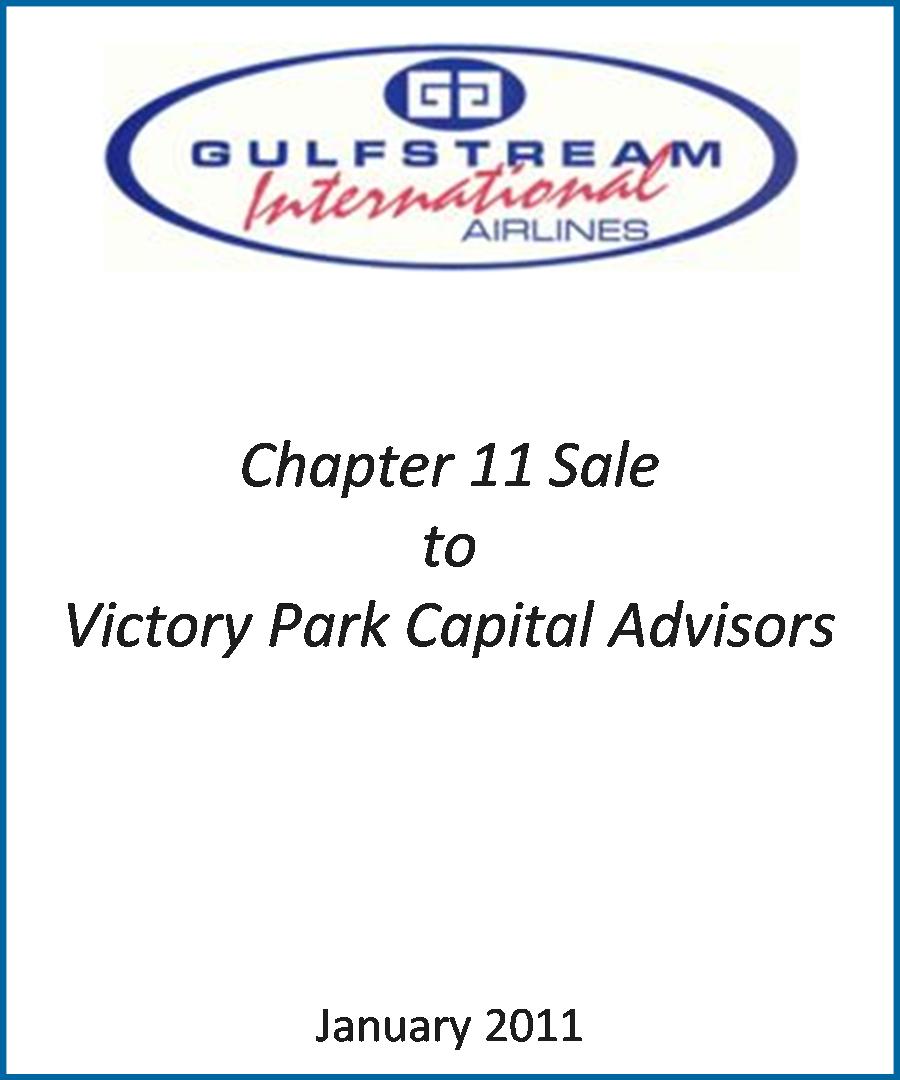10 Tips to Consider Before Selling Your Business
To view original article click here.
By: James Cassel jcassel@casselsalpeter.com
MIAMI, Florida, February 19, 2012 – As an investment banker who represents clients during the sale, merger and acquisition process, I frequently hear comments from those who regret not planning more carefully — or not planning early enough — for the sale of their businesses.
A common mistake is to wait until the day you decide to sell your business to begin preparing, and by then, you may have lost a great planning opportunity. So, if you plan on selling today or any time in the foreseeable future, here are a few tips.
1. Hire a professional team. Assemble a team of advisors to navigate the sale process from personal tax planning to valuation and marketing, through negotiations and closing. Your team should include an investment banker or business broker (depending on the value of the business), a financial planner, a lawyer (perhaps a team of lawyers), and an accountant.
Tip: Remember, the advice you get before you go to market with your business can be just as valuable as the advice you get during negotiations. So engage your advisors early.
2. In connection with family, talk to yours early on in the process.Failing to involve your family at the front end can spoil a deal on the back end, especially when a second or third generation is involved, and they expect to take over or profit from the family business. I frequently advise potential sellers who haven’t discussed the situation with their family members to come back after they have the conversation. And, not surprisingly, family members have strong feelings that may affect the owners’ decision to sell.
Tip: When selling a family business, determine who will have a say in the deal and who will not. Even minority owners should be consulted to avoid acrimony.
3. Consider if you want to work after a sale and for how long. Do you want to exit immediately, or do you want to keep working for a few years? For many, age and lifestyle dictate this decision. For instance, a 75-year-old business owner may be ready to retire, but a younger owner might need a regular income to augment revenue from the sale. Many times it is more than age: The business owner’s personality helps shape the company, so selling is difficult. Sometimes the personality of the business and the owner’s personality are alike. Your desires will affect how you position yourself.
Tip: In the event of a successful sale, be prepared to continue working in some capacity during the transitional period.
4. Consider the best ownership structure. Each of the business ownership structures, such as C-corps, S-corps, limited partnerships, and limited liability companies, offer various advantages and raise different considerations during the sale process. Be cognizant of the potential for lower overall tax rates and the state-level tax implications.
Tip: Ownership structures have long-term implications that can dramatically affect the net amount of money you realize from selling your business. Planning well in advance of the sale may permit you to modify the structure to be the most tax-advantaged.
5. Organize corporate documents, including financial records. Organized record keeping makes good business sense in any circumstance. Getting the books and records in order now will keep you from scrambling for documents when potential buyers conduct their due diligence. Having an up-to-date corporate book is important; making sure your financial records and tax returns are available is a must.
Tip: Ensure easy access to financials, vendor contracts, and customer contracts. What you owe and what is owed to you will have a direct bearing on the value of your business.
6. Decide how you will keep the process confidential. You don’t want to scare away important customers who may be afraid that a change in ownership will threaten their level of service. You do not want to give your competitors something to use against you. There is always concern with how and when your employees will be informed of a possible sale. Likewise, you may want to present the company to the largest number of prospective buyers.
Tip: Your employees are an asset, so the loss of key personnel can hurt a sale. In this regard, carefully consider whether to disclose the possibility of a sale to your most important team members (and the timing of when you will do that).
7. Determine whether you want a partial or total exit. Financial buyers such as private equity firms are both control and minority buyers. Your intended exit strategy will impact transfer of ownership differently. For a total exit, you will maximize the consideration you receive. For a partial exit, there are many social issues to consider that might be equal to or more important than what you receive.
Tip: Your financial advisor can help you determine your necessity for ongoing income in the context of your overall wealth, including sale proceeds.
8. Be realistic with your expectations of value and understand how a buyer will calculate it. In our current economic climate, a multiple of earnings or EBITDA (earnings before interest, taxes, depreciation and amortization) are typically the most accurate measures of a company’s value. The higher your earnings, the more you can expect a buyer to pay for your business. What multiple a buyer will pay will vary greatly depending on numerous items, such as size, industry, capital and working capital needs, and future projections.
Tip: In addition to earnings, look at the diversity of your customer base. If your revenue is concentrated with one or two clients, this will hurt your valuation. While the seller wants to be compensated for the future, the buyer wants to pay for past results.
9. Identify your company’s most attractive feature. Figure out what characteristic or asset will help you best sell your business. Perhaps you have a steady stream of recurring revenue, a sought-after client, real estate assets, or valuable intellectual property or processes.
Tip: Work with an investment banker to put together a sales memorandum and management presentation. This is the sales document that will tell your story and put your best foot forward.
10. Be prepared for newfound liquidity. Most sales of businesses include purchase considerations such as cash, stock, or both. They can also include additional consideration in the form of earn-outs and non-compete agreements. Make sure you have an investment plan to address the investment of your new wealth. Likewise, contemplate the tax liabilities before transacting a sale.
Tip: Seek the advice of an estate planning attorney to ensure that your assets remain protected from generation to generation. Remember that you generally will not replace your current income with the proceeds of a sale.
James Cassel is co-founder and chairman of Cassel Salpeter & Co., LLC, an investment banking firm headquartered in Miami that works with middle market companies.








